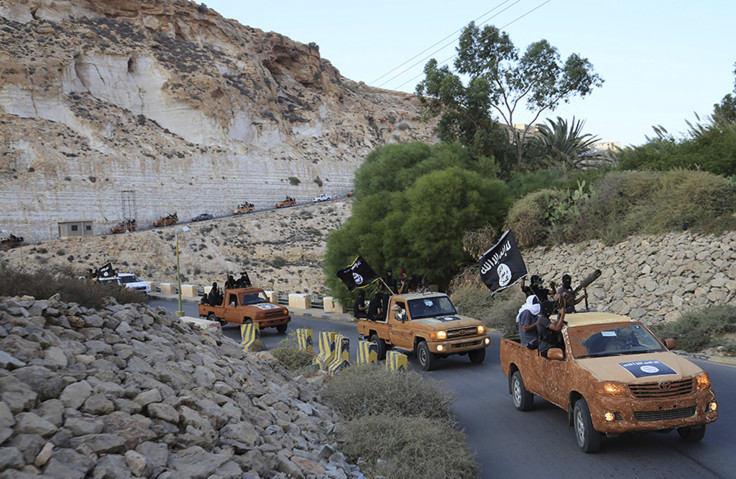ISIS Will Spread To Europe If Libya Threat Is Not Stopped, Warns Libyan Army Chief

Islamic State fighters will infiltrate Europe next if the militant group is not forced out of Libya, a top Libyan army officer has said. Libya needs weapons and ammunition from Western leaders to take out ISIS, or the group will continue to spread across Muslim nations and into Europe, said General Khalifa Haftar, Libya's army chief.
ISIS recently seized control of at least two cities along Libya's Mediterranean coastline after taking territory in Syria and Iraq last year. The group also claimed responsibility Thursday for an attack earlier this week against tourists in neighboring Tunisia that injured and killed dozens of people.
Haftar told the Associated Press that Libya needs help. "We want weapons and ammunition only. We have the men. The army is increasing in number every day," he said. He warned ISIS will "spread in even the European countries if [the West] does not offer real help to the Libyan people, especially the Libyan army." The militants, he said, "will head with the illegal migrants to Europe, where corruption and destruction will spread just like Libya. But there it will be hard to confront them."
The number of ISIS fighters in Libya has increased to roughly 7,500 militants, Haftar said. The fighters come from African, Arab and Middle Eastern countries and were trained in Syria. Militants across Libya have pledged allegiance to ISIS in recent months, forming chapters in cities including Sirte, Benghazi and Tripoli, according to CNN. Among other attacks, ISIS' Libyan branch claimed responsibility for a January attack on a luxury hotel in Tripoli that killed 10 people.
More than 3,500 migrants reportedly crossed the Mediterranean on boats from Africa and the Middle East to Europe during January alone.
Libya has become increasingly unstable since the fall of longtime dictator Moammar Gadhafi in 2011.
© Copyright IBTimes 2025. All rights reserved.






















